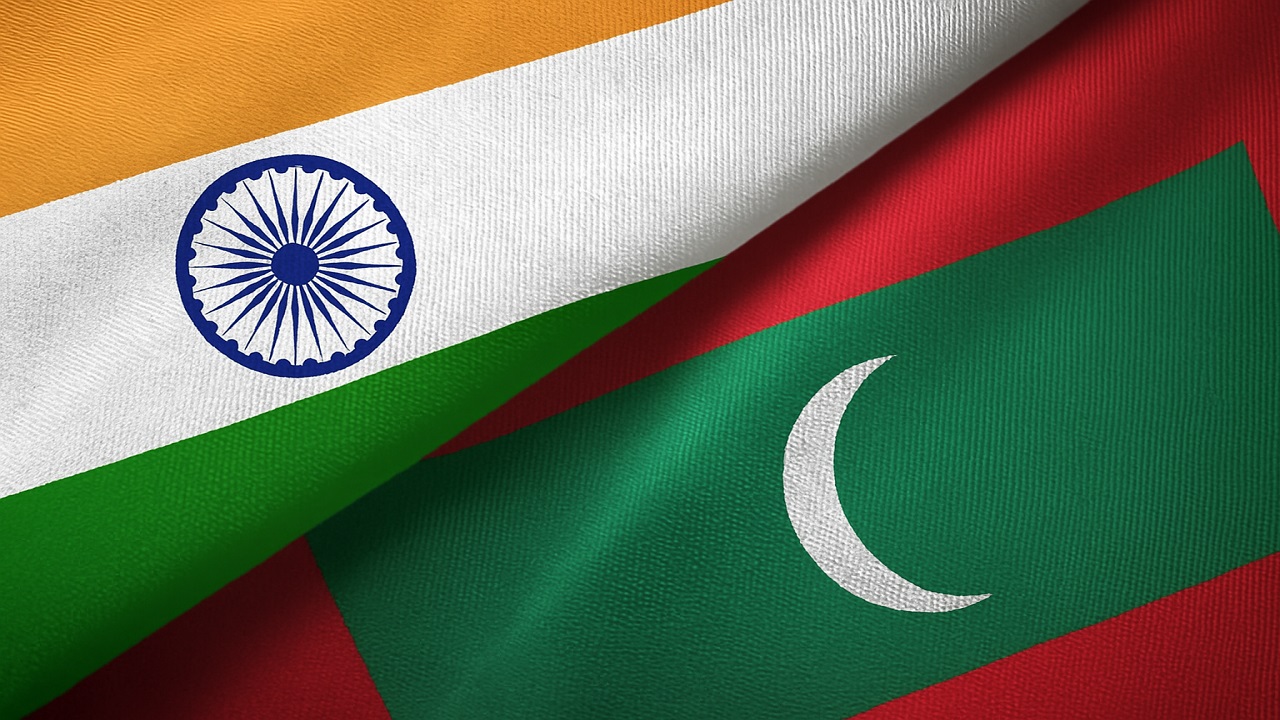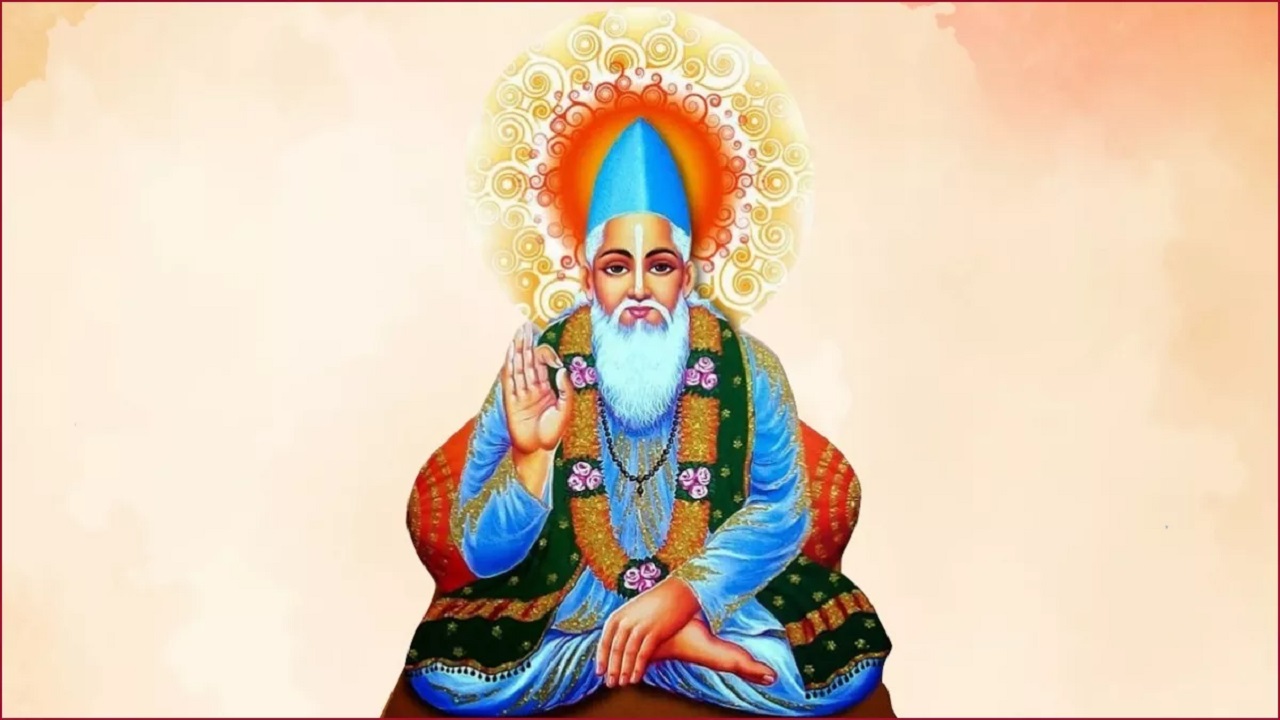India-Maldives: Strengthening Diplomacy, Security, and Development
Context
India's Prime Minister recently participated as the Guest of Honour at the 60th Independence Day celebrations of the Maldives, reflecting the significance India places on its close neighbour and strategic partner in the Indian Ocean region.
Introduction
India and the Maldives share a multifaceted and time-tested relationship rooted in historical, cultural, ethnic, linguistic, religious, and economic linkages. Their partnership spans across various sectors, including diplomacy, defence, economic development, humanitarian aid, and regional security, evolving into a comprehensive cooperation framework.
Key Pillars of India-Maldives Relations
Geostrategic Significance
Maldives is located about 700 km southwest of the Indian mainland, near vital international sea routes. Its position in the Indian Ocean gives it strategic importance for maritime security and international trade routes.
Historical and Cultural Ties
There is a long history of interaction, including the belief that Sri Soorudasaruna Adeettiya, an Indian prince, established one of the earliest forms of government in the Maldives.
India was among the first countries to recognize Maldivian independence in 1965.
Cultural links continue through Indian expatriates in healthcare and education sectors.
Political and Diplomatic Cooperation
India’s timely intervention in the 1988 coup attempt strengthened political trust and laid the foundation for deeper engagement.
The Maldives features prominently in India’s ‘Neighbourhood First’ policy, which aims to enhance regional stability, development, and connectivity.
Diplomatic missions were established in 1972 (India in Maldives) and 2004 (Maldives in India).
Both nations are members of SAARC.
Economic and Developmental Engagement
India is involved in several infrastructure and development projects, including:
-
Addu Development Project (water, sanitation, roads, land reclamation)
-
Greater Male Connectivity Project
-
Port and airport development projects
India recently extended a ₹4,850 crore Line of Credit to support infrastructure and developmental initiatives.
Direct air connectivity and social housing schemes further boost people-centric development.
Security and Defence Partnership
India and the Maldives conduct the annual ‘Ekuverin’ military exercise to strengthen defence ties.
Both countries are part of the Colombo Security Conclave, formed in 2011, focusing on maritime security, marine pollution response, and search and rescue operations in the region.
India will provide 72 heavy vehicles to the Maldivian Ministry of Defence to enhance logistics and operational capabilities.
Humanitarian Support and Disaster Relief
India has consistently played the role of first responder, providing aid during the:
-
2004 tsunami
-
2014 Malé water crisis
-
COVID-19 pandemic
Recent Initiatives and Agreements
Trade and Economic Cooperation
India initiated discussions for a Free Trade Agreement with the Maldives.
Bilateral trade and investment cooperation are being expanded through credit support and sectoral engagements.
Blue Economy and Fisheries
Joint efforts in sustainable tuna fishing, deep-sea fisheries, aquaculture, and eco-tourism aim to support ocean-based livelihoods and sustainability.
Digital Collaboration
India is supporting the Maldives in adopting digital public infrastructure, including integration of the Unified Payments Interface (UPI) system to enhance digital financial services.
Health and Pharma
India is facilitating access to affordable Indian medicines and helping align Maldivian health standards with the Indian pharmacopoeia.
Connectivity and Urban Development
India has implemented direct flight services to enhance tourism and economic linkages.
India also handed over 3,300 social housing units in Hulhumalé and inaugurated road and drainage systems in Addu City.
Challenges in the Relationship
India Out Campaign
Starting in 2020, protests emerged in the Maldives against perceived Indian influence, spreading widely on social media platforms.
Lack of Transparency
Concerns were raised over the opaque nature of some bilateral agreements signed during President Solih’s administration.
Military Presence Allegations
Claims about the presence of Indian military personnel in the Maldives have caused unease among sections of the local population, sparking political and media debates.
Key Outcomes of Recent Agreements
Strengthened Maritime Security
Joint operations and intelligence-sharing will help combat piracy, smuggling, and terrorism in the Indian Ocean.
Boost to Tourism
Improved connectivity and infrastructure projects are expected to increase tourist inflows, benefiting the economy of both nations.
Enhanced Digital Capabilities
Adoption of India's digital payment infrastructure is enabling the Maldives to advance in e-governance and financial inclusion.
Countering Geopolitical Challenges
India’s growing engagement helps limit China’s strategic influence in the Indian Ocean, particularly against the backdrop of China’s “String of Pearls” strategy.
Trade Expansion
Trade facilitation and free trade agreements are expected to result in increased economic collaboration and investment flow between the two countries.
Conclusion
India-Maldives relations continue to serve as a model of regional cooperation, mutual respect, and strategic engagement. While challenges remain, the shared vision for peace, prosperity, and development offers ample scope for deepening this vital partnership. Moving forward, India must maintain its commitment to soft diplomacy, capacity building, and sustainable development to preserve and enhance bilateral trust and collaboration.




Comments (0)